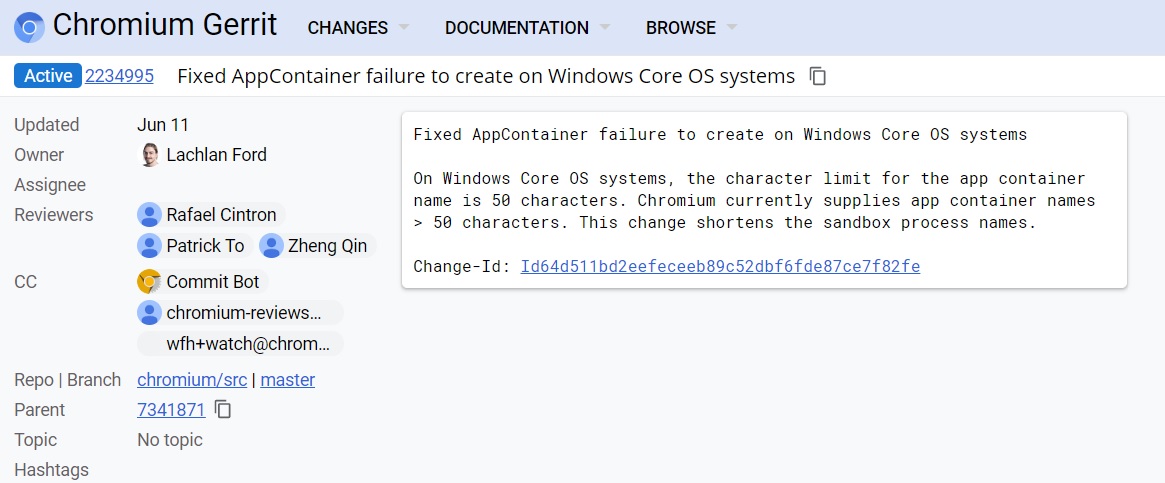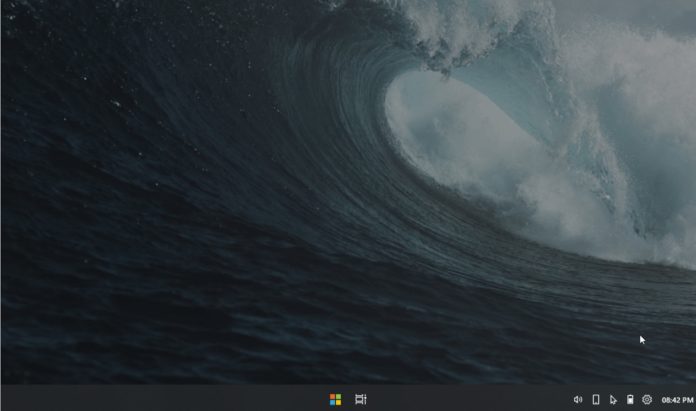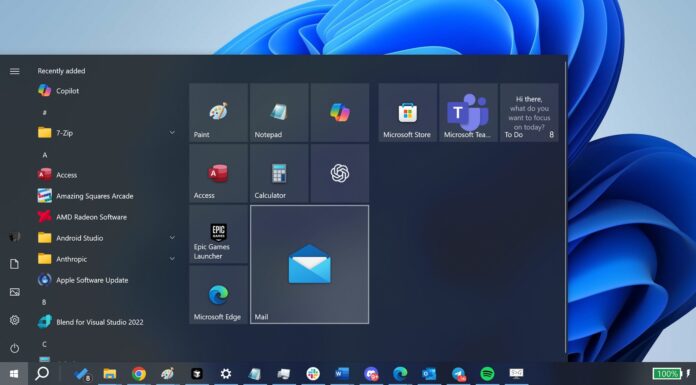Microsoft is said to have been working on a modular version of Windows 10 called ‘Windows Core OS’. The software is supposedly being developed to serve as the underpinnings for accommodating devices with multiple form factors, such as Chromebook-like affordable products, dual-screen/foldable devices, and mixed reality headsets like HoloLens 2.
Many have described Windows Core OS or WCOS as the successor to Windows OneCore and it is the underpinnings of Windows 10X.
What’s really impressive about the Windows 10X is its ability to run Win32 apps securely in a sandboxed environment, which allows the operating system to support most of your favourite desktop apps.
Windows 10X is designed to run Win32 apps such as Chrome, Edge and Slack within a container. In other words, apps will be running within a sandbox environment separate from the operating system, which isolates Win32 apps from accessing core components of the OS.
Microsoft isn’t yet ready to talk about Windows Core OS and the modular future of its desktop platform, but it looks like Windows Core OS is still being actively developed, with references to the OS being found in Chromium Gerrit.
Today, we’ve spotted references to “Windows Core OS systems” in a commit submitted to the Chromium Gerrit by Microsoft Edge engineers. This is the first time we’ve seen Microsoft refer to its long-rumoured operating system using that name in the Chromium Gerrit.
The commit was first submitted on June 8, 2020, and Microsoft’s references to Windows 10’s new modular version have gone unnoticed until now.

According to the commit, it looks like Microsoft is optimizing Chromium to work better on Windows Core OS by fixing “AppContainer” failures.
“On Windows Core OS systems, the character limit for the app container name is 50 characters. Chromium currently supplies app container names > 50 characters. This change shortens the sandbox process names,” the commit reads.
The AppContainer is used for Win32 apps to provide secure sandboxing of the environment and it allows the app to access resources specifically granted to it.
Based on the commit reference, it also appears that the tech giant is optimizing Chromium to run inside Win32 containers or sandboxing environment on Windows Core OS and Windows 10X, which cannot be hacked to execute malicious actions outside of the assigned resources.
In a support document, Microsoft notes that “AppContainer” environment for Win32 apps will isolate it from accessing hardware, files, register, and other core areas without specific permission.






















